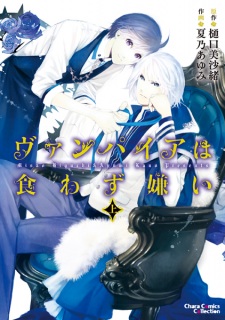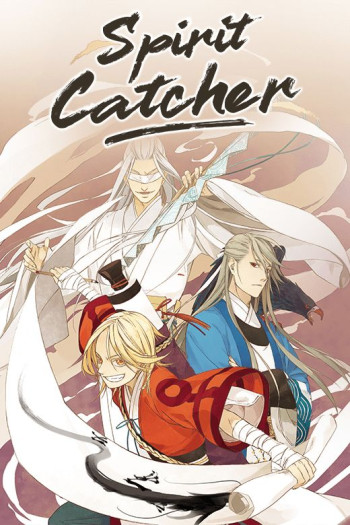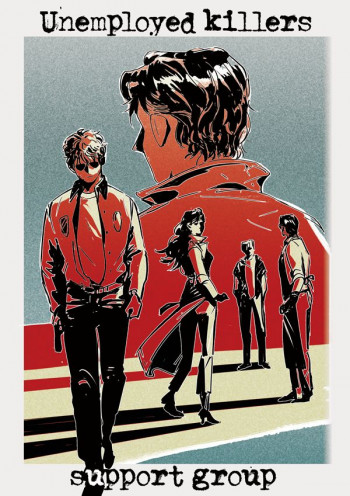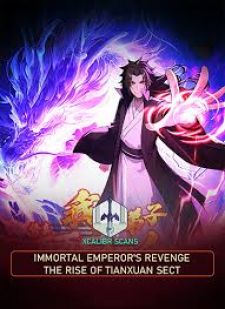Martial Peak Reviews
Shared Omega by Lizzy Bequin is a story that plunges into the depths of dark fantasies and dystopian worlds, capturing the essence of power dynamics and survival in a universe where societal norms are vastly different from our own. This book is part of the larger genre often described as dark romance or omegaverse, where the premises revolve around dominant and submissive roles predetermined by genetics. Bequin has crafted a narrative that not only adheres to the expectations of the genre but also stretches the boundaries to explore more profound themes of freedom, choice, and the human condition.
The novel introduces us to a world rigidly divided into classes - Alphas, Betas, and Omegas. Each class has its distinct roles and power, with Alphas at the top of this hierarchy. The protagonist, an Omega named Elara, finds herself in a precarious position as she reaches the age where her fertility becomes the prime concern of those around her. Omegas in Bequin's world are highly valued for their reproductive capabilities, leading to both a privileged and cursed existence. The narrative takes a deeper dive when Elara is claimed by not one, but three powerful Alphas, setting the stage for a complex web of emotions, politics, and power play.
The dynamics among Elara and her Alphas are intricately described. Bequin manages to individualize each Alpha – Rafe, Declan, and Mikhail – giving them distinct personalities and backgrounds, which adds layers to their interaction with Elara. Rafe is portrayed as the most approachable and humane of the three, attempting to understand Elara beyond her biological status. In contrast, Declan and Mikhail have more complex, sometimes antagonist relationships with Elara, driven by their backgrounds and the societal expectations imposed upon them. Through these characters, Bequin effectively demonstrates how power can corrupt and how the oppressed often internalize societal norms.
One of the most compelling aspects of Shared Omega is its exploration of themes related to autonomy and consent. Bequin does not shy away from discussing the coercive and often violent experiences Omegas endure in this society. The narrative is bold and unapologetic in its portrayal of the brutality inherent in the omegaverse, which might be disturbing yet is indispensable for the critical engagement with issues of subjugation and exploitation. However, through Elara's journey, there is also a persistent thread of hope and resilience. Her development from a submissive Omega to someone who seeks to assert her will makes for a gripping, if at times painful, read.
The sexual dynamics inherent in this genre are explicit, and Bequin handles these with a mix of raw directness and sensitivity. It is clear that the physical encounters between Elara and her Alphas are not just acts of sexual intimacy but also pivotal moments that further the plot and the emotional evolution of the characters. Each scene meticulously builds upon the previous, contributing to the complexities of their relationships.
However, the book is not without its flaws. The world-building, while fascinating, can feel overwhelming to those not familiar with the genre. The biological explanations and societal structures are intricate and sometimes jarring, which may sideline the reader's engagement with the characters. Moreover, at certain points, the pacing suffers as the narrative dwells too long on specific scenes while rushing through others that might require more emotional unpacking.
A notable strength of the novel is its ambiguous moral landscape. Bequin does not present a clear dichotomy of right and wrong but instead invites readers to navigate the gray areas alongside Elara. This ambiguity is what makes the novel stand out in a genre that often veers towards oversimplification.
In conclusion, Shared Omega is a daring exploration of dark themes lined with the thread of a complex romance, set in a richly imagined world. The unsettling yet captivating narrative forces readers to confront uncomfortable truths about power and exploitation. Lizzy Bequin delivers a thought-provoking tale that is not just about Elara's survival but her reclaim of agency in a world stacked against her. This book is recommended for those who are looking for something beyond the traditional narratives and are willing to delve into the darker, more philosophical aspects of the omegaverse. It is a challenging read but one that offers substantial payoff through its deep characterization and provocative themes.
























Reviews 0
Post a Reviews: